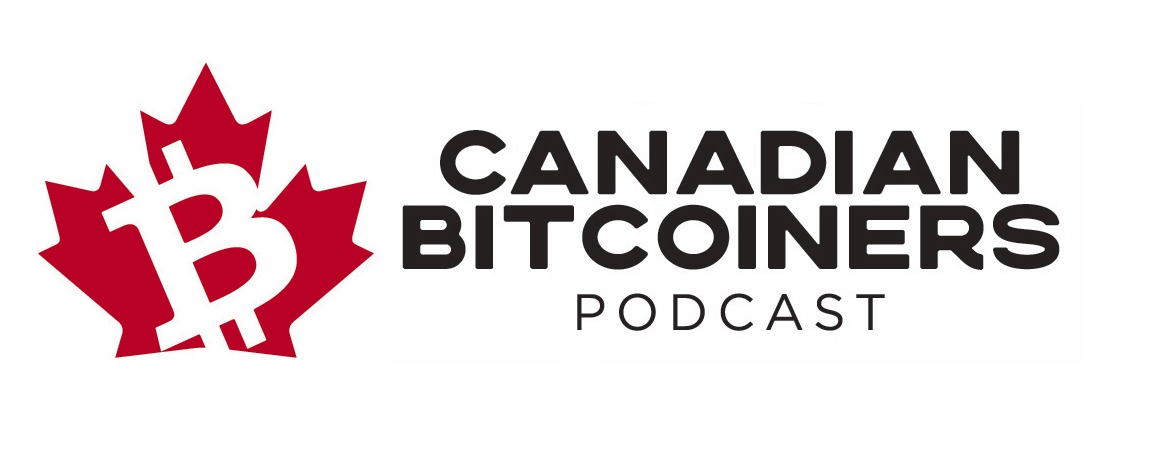FRIENDS AND ENEMIES
Since many of you have asked over the years, I’m going to start posting some of the research I do for The CBP Monday show in advance of the stream (if I remember) for your reading and browsing enjoyment.
This week
Freeland’s recent comments on Liberal budget promises indicate that the federal budget is on track to remain under a 40 billion dollar deficit in fiscal year 2023/24. Noteworthy, though, that this is being done so that they are “creating the conditions” for interest rates to fall. Generally, that will mean two things: realized as opposed to perceived economic weakness, and increased spending. The loop continues.
The Fed Holds, But for How Much Longer?
Powell had what was perceived as a dovish-press conference last week, giving rise to a short rip in stonks and Bitcoin, among other things, as the FOMC dot-plot (rate projections) still predicts three 2024 rate cuts, which would probably erode any remaining belief of an independent fed – though at this point I’m not sure how many people are still leaving milk and cookies out for the federal reserve anyway. The question remains – especially for Bitcoiners, as I said in this interview – where would another friendly rate environment/easing cycle take the price? In 2020, when the COVID cuts/easing began, we traded all the way from a low of near $4000 USD to a high near $70000 in 2021. Now, we’re trading at $65000 with the US Fed Funds rate at 5.25%, and enjoyed this run with M2 contracting with a little help from ETF issuance in January. It’s not worth throwing out a price prediction but, as Larry Lepard says, the only incorrect allocation to Bitcoin is 0% at this point.
Economists Openly Questioning Immigration Policy
Among others, Scotia’s Rebekah Young is questioning the decisions made by the Canadian government regarding immigration, specifically as it relates to supporting what Canadians have come to expect – rightly or wrongly – as far as our way of life. Broadly, the fix is not an easy one, and Young posits that “…Canada’s immigration policy needs a reset, not quick fixes”, a point of view difficult to argue with as healthcare wait times rise, housing and rent prices along with it, all along the same curve as immigration of all types and legalities.
Rate Cuts Around the World Have Begun, But Who Will Be Next?
Switzerland became the first economy of significance to cut their policy rate last week – moving from 1.75% to 1.5% – in what would have been surprising in past months but may have come as less of a shock because of Swiss inflation coming in below 2% for several consecutive months. Given the unofficial coordination of central banks in recent years, it’s not unreasonable to think that other majors will soon follow suit. In Canada, the housing sector (read: voters, taxpayers) are among the most vulnerable in the world thanks to our short-term mortgage system. For now, only about half of mortgages have seen a renewal and the accompanying pressure of higher rates, which makes it more likely that, before 2020 basement-rate lock-ins renew in 2025, Canada will cut quickly and deeply to (try to) keep the economy from completely tanking.
Candian Banks Want to Dump Shelter from CPI
In an update to a topic we’ve discussed in the past, a March 19 report form National Bank notes that “…all provinces have CPI ex-shelter under 2%” going even further and noting that “…inflation is contaminating inflation measures”. This comes following a similar suggestion from TD a month earlier, with others surely to follow – either via public or private pressure – to soften CPI data by removing interest rate fueled shelter costs.
Don’t forget to send this to your pals, and if you liked it, let us know!
See you Monday night!
Joey
